Executive Summary
The dynamics of work and family life have shifted over the past several decades, but public policy has not kept pace with the changing needs of workers and their families. As households increasingly rely on having all adults working to make ends meet, a full-time stay-at-home parent is no longer achievable for many families. At the same time, the lack of affordable early child care and education (ECCE) poses a significant challenge for families trying to balance the need to provide safe, stimulating care for children with financial security. Women—especially women of color—face particularly stark disadvantages in terms of financial security and labor force attachment when meaningful access to affordable early child care and education is lacking.
A variety of federal-level programs exist to provide assistance with the cost of early child care and education. However, because these programs are vastly underfunded, they fail to serve a substantial proportion of families who meet the very strict eligibility requirements. Financing and implementing education systems has historically been the purview of states, but most states have failed, as yet, to treat early child care and education with the same attention as primary and secondary school education. A robust state-level ECCE program could substantially improve child health, development, and well-being, increase the financial security of families, and reduce inequities in access to high-quality care.
This chapter discusses three policy options for states interested in developing an early child care and education program:
- Comprehensive universal early child care and education—which would place early care and education on par with primary and secondary school education by entitling all children access to publicly funded early care and education.
- Employment-based, contributory early child care and education—which would entitle all children to early care and education if their parent(s)/guardian(s) are sufficiently attached to the labor force.
- Universal early child care and education subsidy—which would entitle all families to a subsidy or voucher to cover a portion of the cost of early care and education for their children.
For each of these policy options, states will need to consider a variety of program design factors, including how the program is financed and the nature of the benefits that families receive. States will also need to address integrating a new state ECCE program with existing federal and state ECCE programs, building up the ECCE workforce and improving the quality of ECCE jobs, and lifting up the quality of care. Ultimately, a carefully designed ECCE program has the potential to make a substantial positive impact on children, families, communities, and the economy.
Alexandra L. Bradley
Kathryn Edwards
infographics
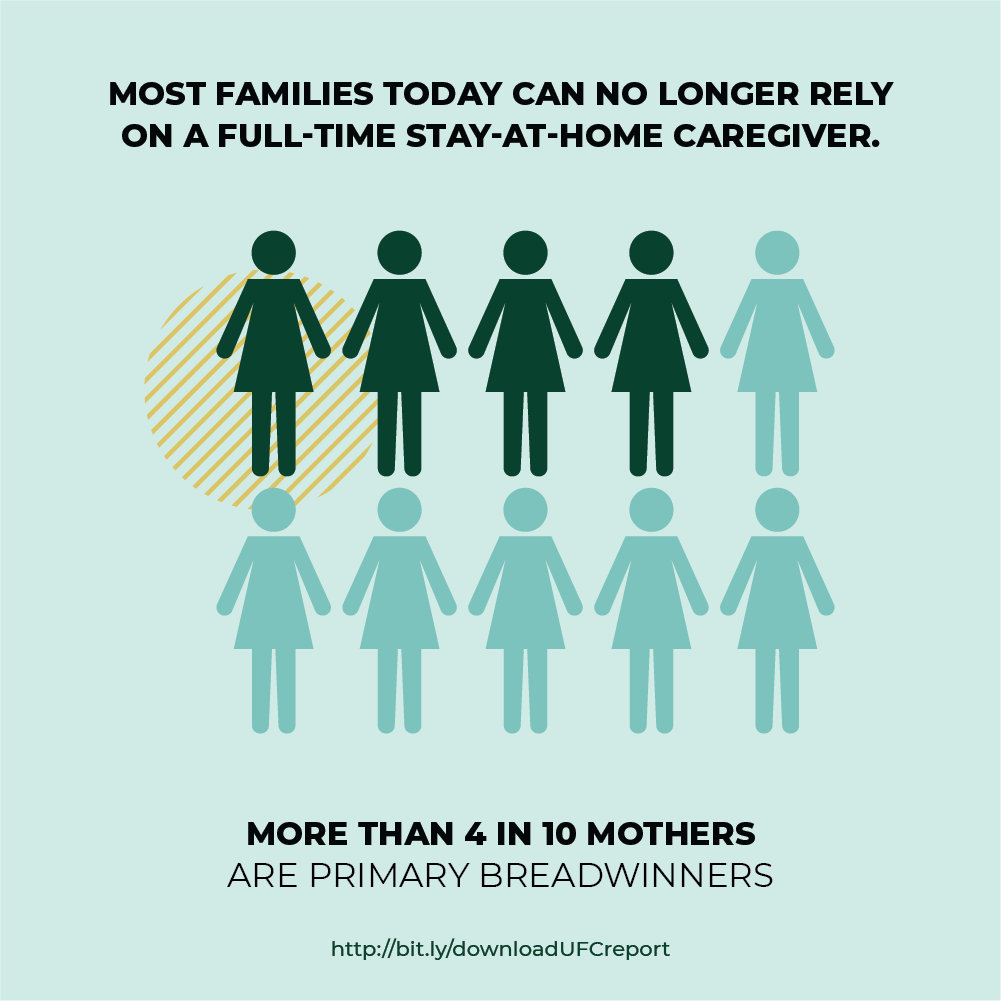
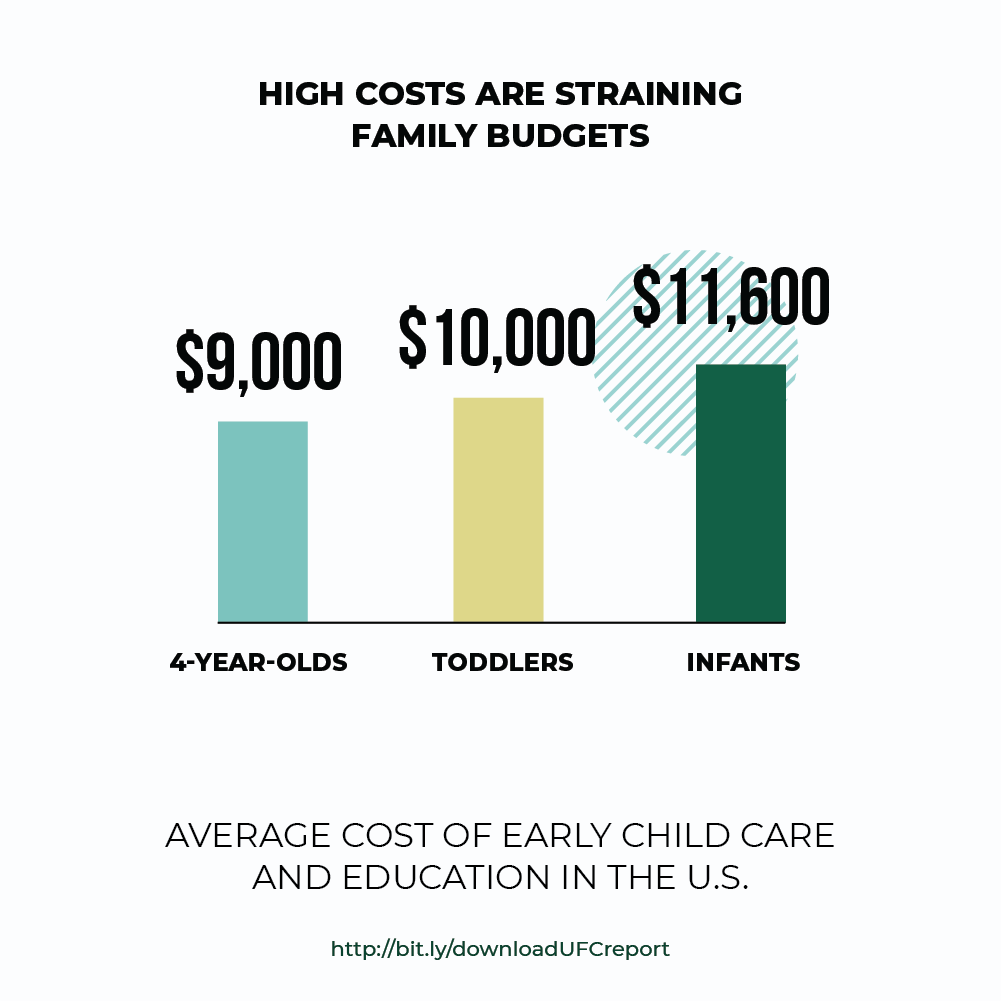
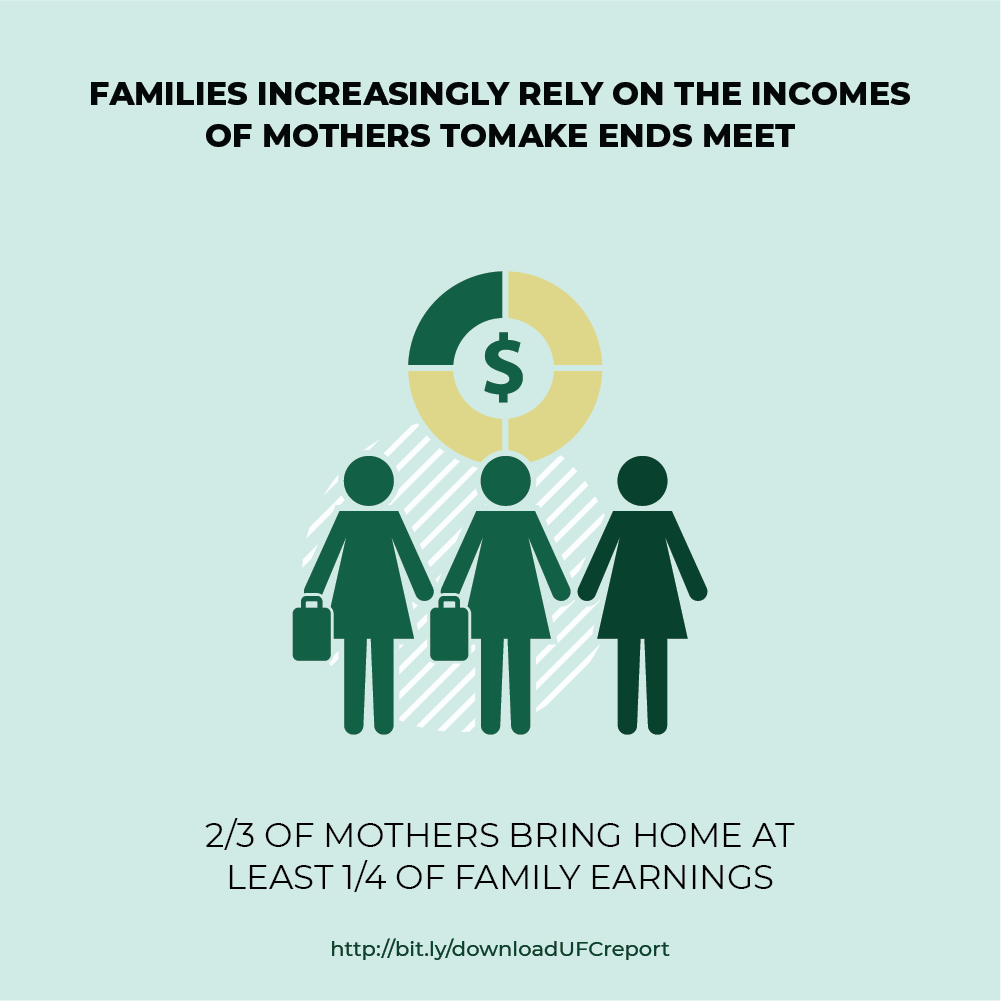
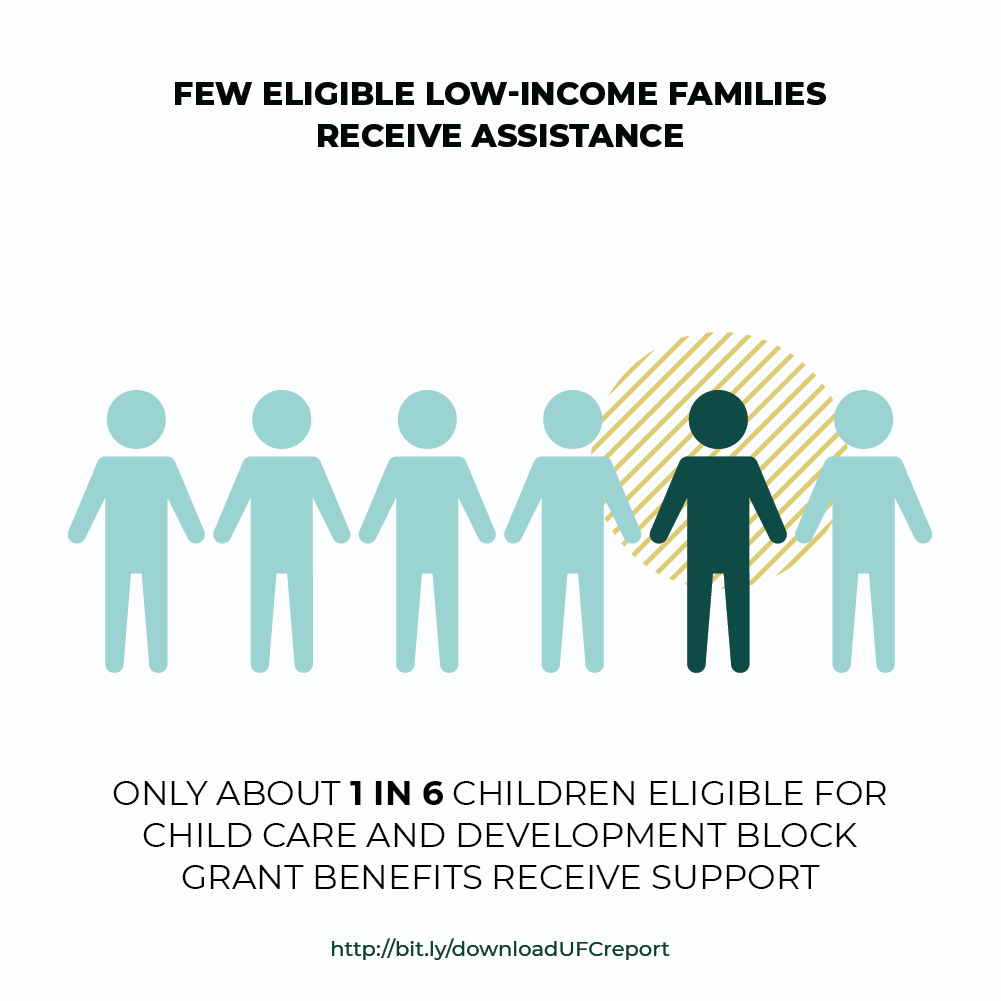
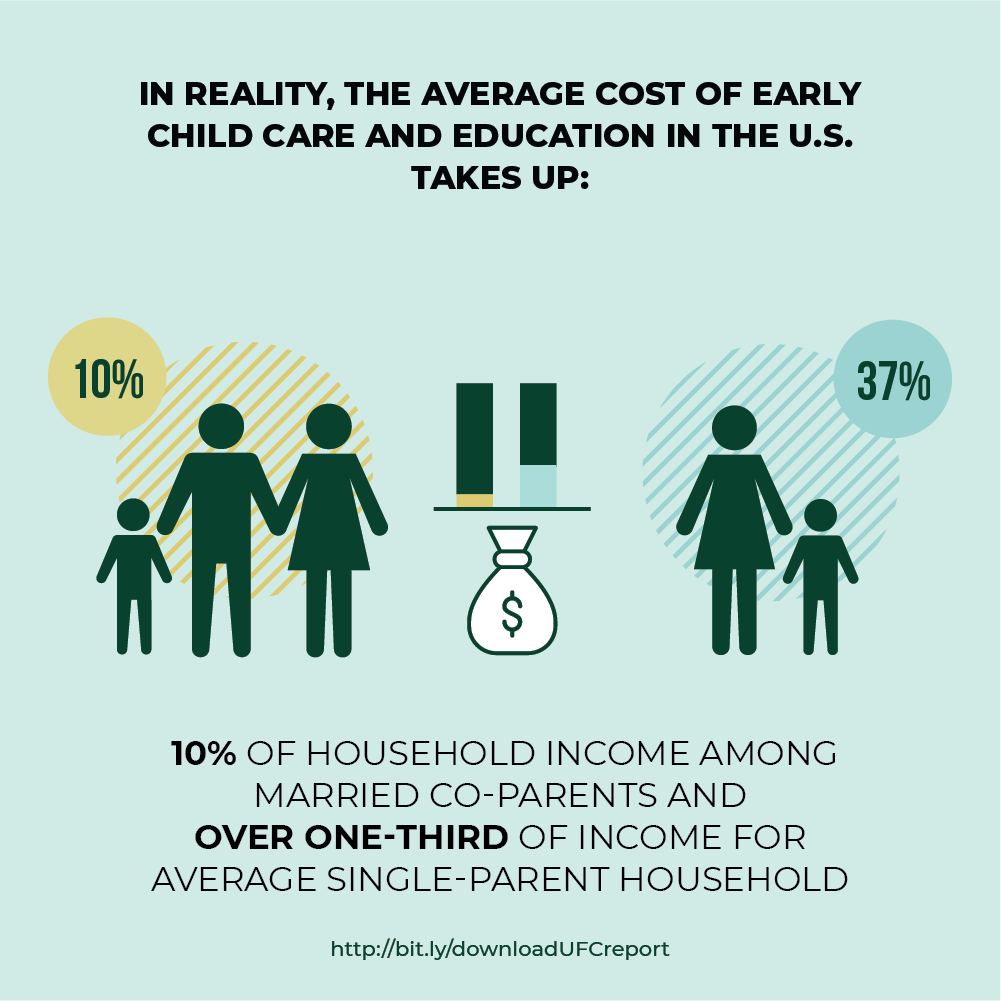
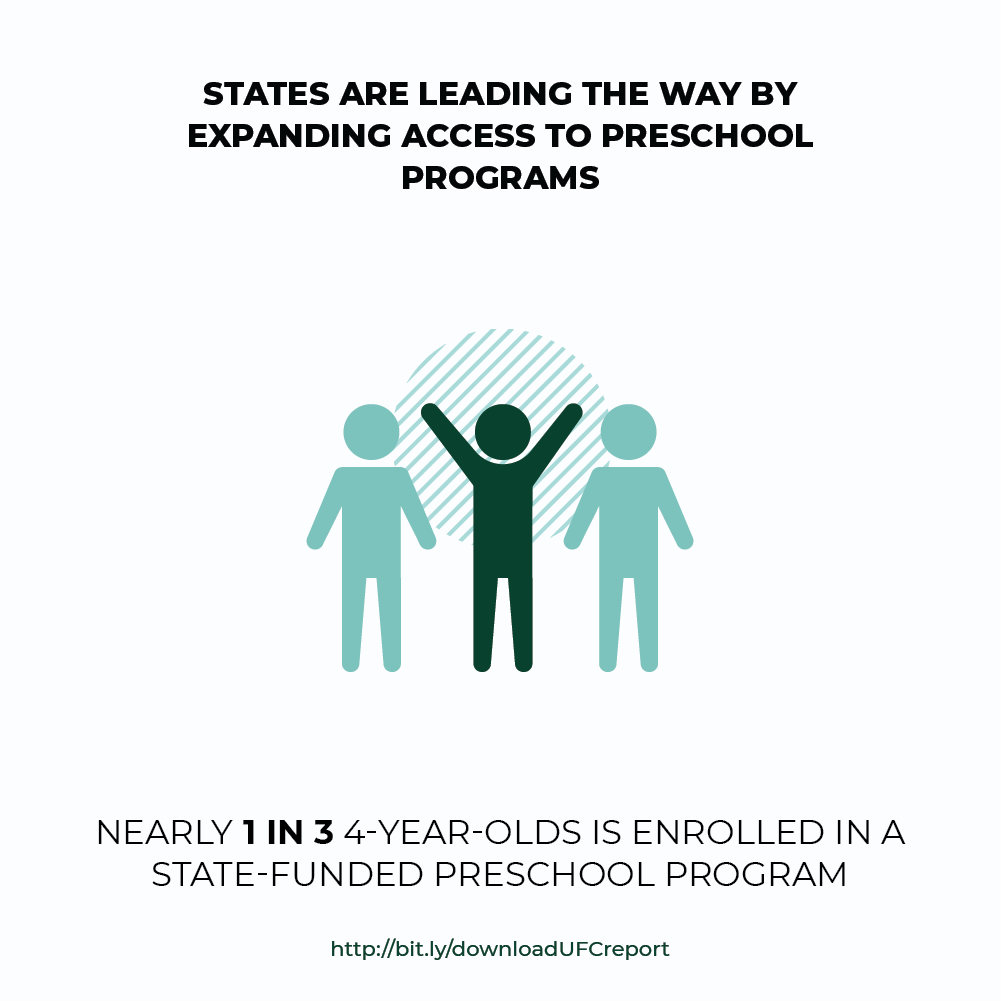
Chapter 1 Infographic Downloads
The Case for Action: Early Child Care and Education
States are Leading the Way in Early Child Care and Education Programs
Designing a State-Level Early Child Care and Education Program
Want to learn more? Email us at:
info@caringacross.org
